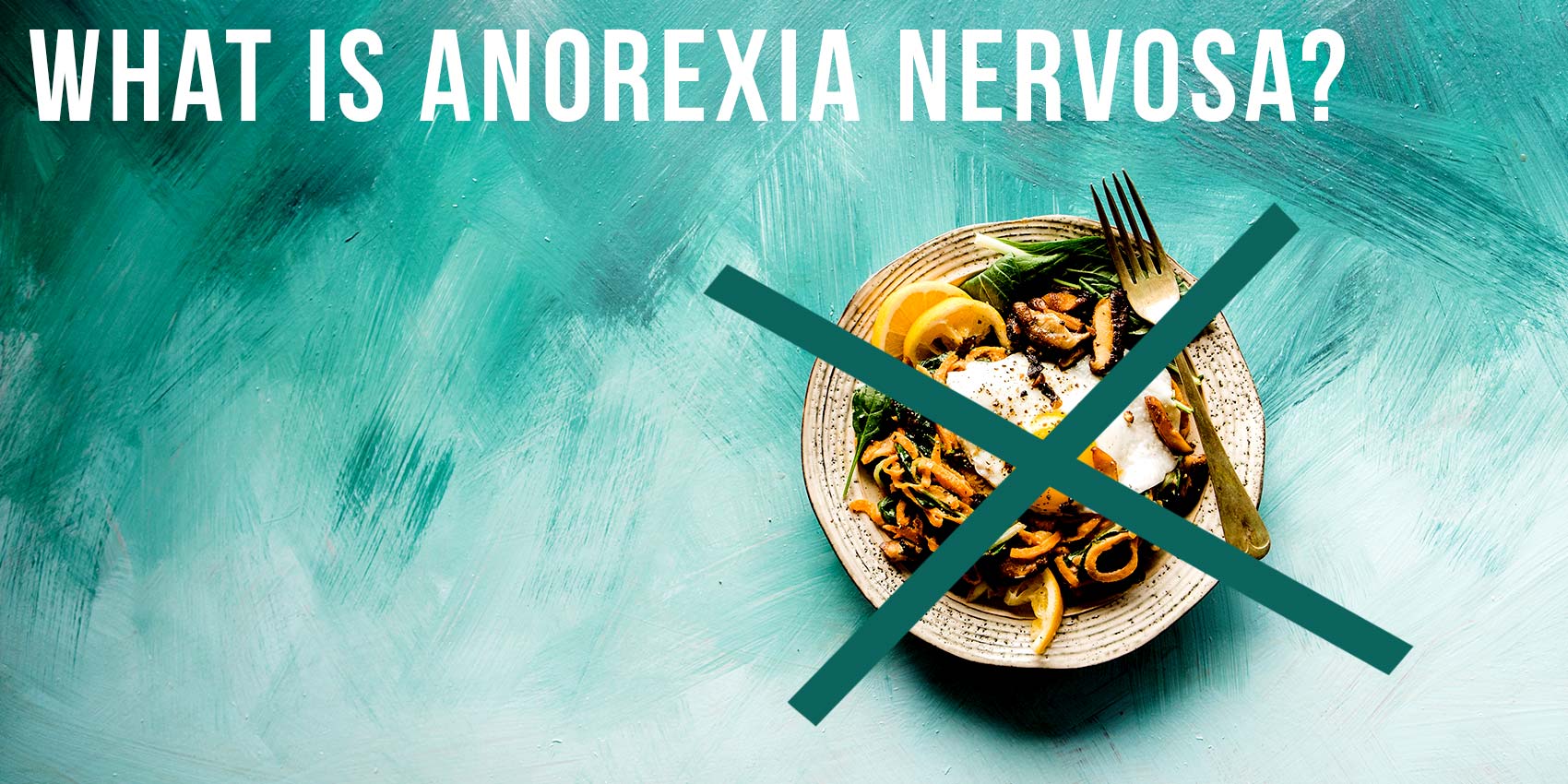07 Feb What is anorexia nervosa?

Anorexia nervosa, AKA anorexia, is self-starvation in an obsessive quest for thinness. The name actually means “nervous loss of appetite.” However, people with anorexia actually do have an appetite, they just choose to ignore it. The defining features of anorexia are:
- restrictive eating (only eating certain foods, a certain number of calories, having rules about what can be eaten and when, etc.)
- intense fear of becoming fat, which does not diminish with weight loss
- distorted body image
- being underweight and refusing to gain weight (15% or more below normal weight)
Anorexia is primarily a female disorder, but recent years have seen an increase in the number of men suffering from it (coined “manorexia”). The ratio of females to males suffering from anorexia is 10:1. Anorexia usually begins in early adolescence, and peaks between the ages of 14 and 18, however people of all ages can develop this disease. Eating disorders to not discriminate: all races, genders, ages and socioeconomic status can develop this disease.
Anorexia is extremely difficult to treat as victims often do not see themselves as having a problem and believe others are only trying to sabotage (meaning, ruin or destroy) their efforts at being thin. The complications from anorexia are many, ranging from hormonal imbalances to heart problems to even DEATH. Estimates are that 10% of people with anorexia DIE from it. They literally starve themselves to DEATH. Even women who recover will still struggle to maintain a healthy body weight and eat well.
(Source: http://www.nlm.nih.gov/medlineplus/ency/article/000362.htm)
According to one expert, many women will fully recover from anorexia while others will have periods of recovery and periods of relapse. Some will have chronic long-term issues (with multiple hospitalizations and treatments.)

DID YOU KNOW? Complications from anorexia that result in death include: cardiac arrest and electrolyte imbalances. One in five women who die from anorexia die by suicide.




allison
Posted at 22:42h, 01 OctoberI know multiple people with eating disorders and have one my self
chris
Posted at 14:09h, 07 OctoberRealizing that you have an eating disorder is the first step to getting better. The next step it to take action. Please tell an adult or trusted friend or an expert in this area.